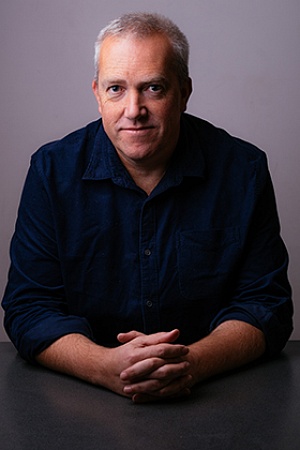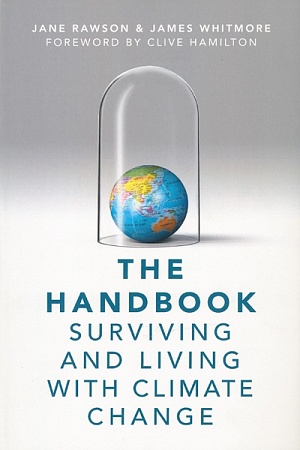Child Adjacent
I feel like I need to come out every day. I’m pushing the stroller, fishing out the dummy, pointing out dogs, but this isn’t what it looks like. At the playground or the checkout, I take the nods and maternal solidarity, staying inside the parenting illusion until it feels slightly disingenuous. I am not the mother. I am an aunt instead, if ‘instead’ is even the right word. There are categories – infertile, childless by circumstance, childless by choice – and within these, more specific groups like the Birthstrikers, who are publicly delaying procreation until there is climate action. Being an aunt of the Anthropocene is none of these, and all of them at once.
On one of the smokiest days of the Victorian bushfires, Jack and I make a run for it on the V-Line train to Ballarat. The air-quality index is in the maroon zone: the particle numbers are so far into the hundreds that you can’t compute them any more. People are staying home, and we are in an almost empty carriage: today there are no other prams, no teenagers sitting on the luggage rack. I angle the stroller so that he can spot diggers. It is almost completely white outside: the only observation you can make is digger or no digger. All the other things you would normally look for are invisible – there is no look Jack tree, look Jack birdy. That he doesn’t know to ask where the birds and trees are is either the best or the worst thing.
‘Nulliparous’: a description for a galaxy, or maybe a snake. I reflect one 3 am that ‘childless’ doesn’t feel like the right word when you’re finding the lost dummy for the fourth time that night. I once came up with the half-joking ‘child adjacent’ as the best term for my situation. ‘Childless’ suggests involuntariness; ‘childless by choice’ feels like there is a silent ‘goddammit’. If ‘childless’ is too negative about my situation, ‘childfree’ is too negative about children themselves: they are not a disease, or gluten. But perhaps to be child adjacent is also to risk being, well, child adjacent: the one that never grew up.
Continue reading for only $10 per month. Subscribe and gain full access to Australian Book Review. Already a subscriber? Sign in. If you need assistance, feel free to contact us.











Leave a comment
If you are an ABR subscriber, you will need to sign in to post a comment.
If you have forgotten your sign in details, or if you receive an error message when trying to submit your comment, please email your comment (and the name of the article to which it relates) to ABR Comments. We will review your comment and, subject to approval, we will post it under your name.
Please note that all comments must be approved by ABR and comply with our Terms & Conditions.